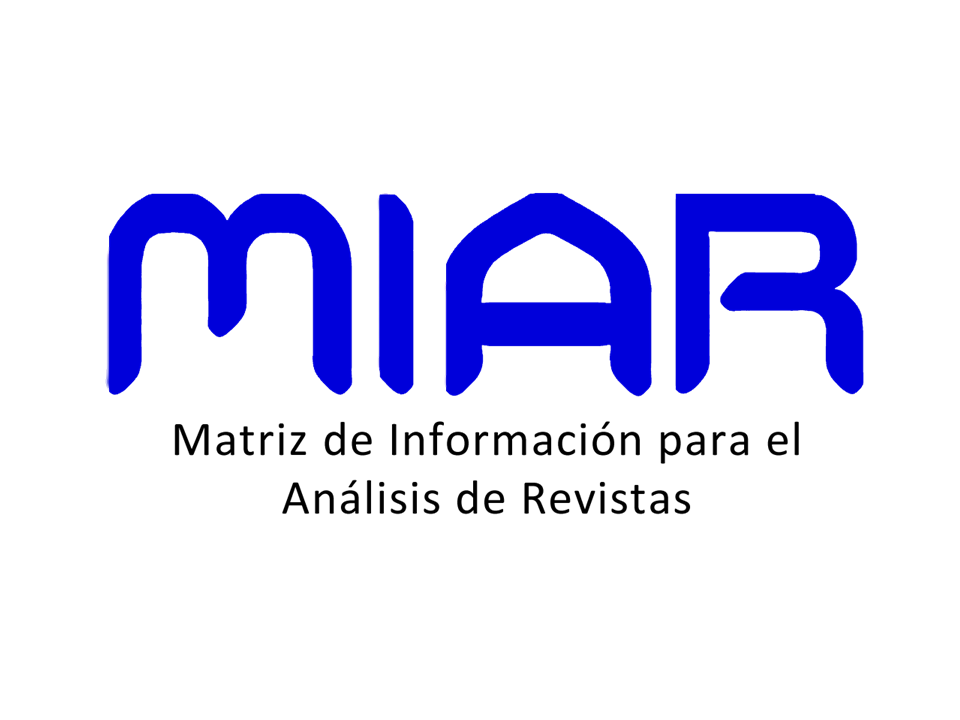PORTUGUÊS PARA FINS ESPECÍFICOS NO SÉCULO XXI: ESTATUTO E CONTRIBUTOS PARA O DESENVOLVIMENTO DO ENSINO DE PORTUGUÊS LÍNGUA ESTRANGEIRA
DOI:
https://doi.org/10.22478/ufpb.1983-9979.2020v15n1.52190Keywords:
Português para Fins Específicos, Diretrizes para o ensino de Língua Estrangeira, Políticas Linguísticas, Abordagem lexical, Contributos da linguística para o ensino de línguaAbstract
Linguistic diversity is currently a reality in Portuguese educational institutions driven by the migratory flows and student mobility in higher education. In this context, Portuguese for Specific (and Academic) Purposes is more than ever a necessity for university students and foreign professionals. Indeed, the importance of languages for specific purposes in the scope of foreign language teaching has been recognized since the 1960s with the advent of the English for Specific Purpose movement, based on the analysis of the learners’ needs. Therefore, the European and national guiding documents for the teaching and learning of foreign languages must include the Portuguese for Specific Purposes. The issue here is whether the language for specific purposes has due recognition today. To answer this question, this paper aims at discussing the status of Portuguese for Specific Purposes in the above-mentioned guidelines, as well as their repercussions for the teaching of Portuguese for foreigners. In fact, it appears that the growth of the interest in the Portuguese for Specific Purposes contrasts with the insufficient investment in the development of this area, both in Portugal and in Brazil. Another aim of this research is to reveal the contributions of Linguistics to the teaching of Portuguese for Specific Purposes and the creation of linguistic materials and resources to support Portuguese for Specific Purposes learning and dissemination.










